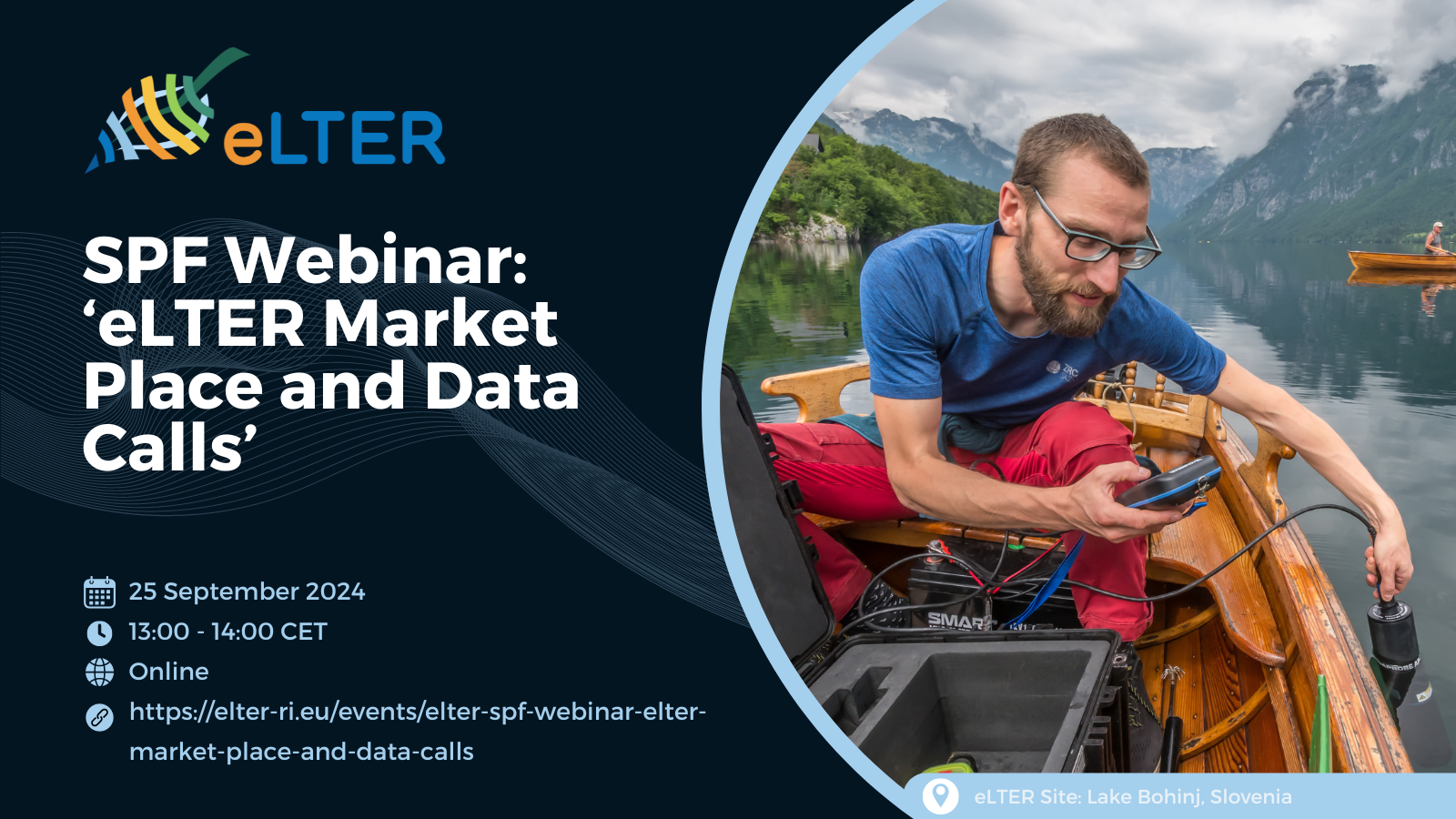eLTER Market Place is a Valuable Resource for Researchers and Sites and Platforms Coordinators
The eLTER Market Place connects researchers looking for data with eLTER Site and Platform Coordinators who can offer a wealth of long-term observation data from their Sites and Platforms. It enables and promotes pan-European and/or habitat-specific research, new research collaborations, and contributions to national and European research projects.
To learn more about this new free online platform, we talked with Dr. Nina Hobbhahn, Liason Officer at the eLTER Head Office.
Nina, what is the eLTER Market Place and who is it for?
The eLTER Market Place is a free online platform for both researchers looking for data and Site and Platform Coordinators, who have a wealth of long-term data available. Researchers can post data requests on the Market Place, and here they get connected with the Coordinators of approx. 500 long-term observation sites and platforms all over Europe who have a wealth of data, often time-series spanning decades, on a huge range of environmental parameters. In addition to data requests, the Market Place contains calls for contributions to European research projects, such as calls for data, proposals, expertise, or site access. The calls published on the Market Place are also a valuable resource for site and platform coordinators because it enables them to make contributions to national and European research projects and to grow their professional networks. Therefore, the Market Place is a valuable resource for researchers and site and platform coordinators alike.
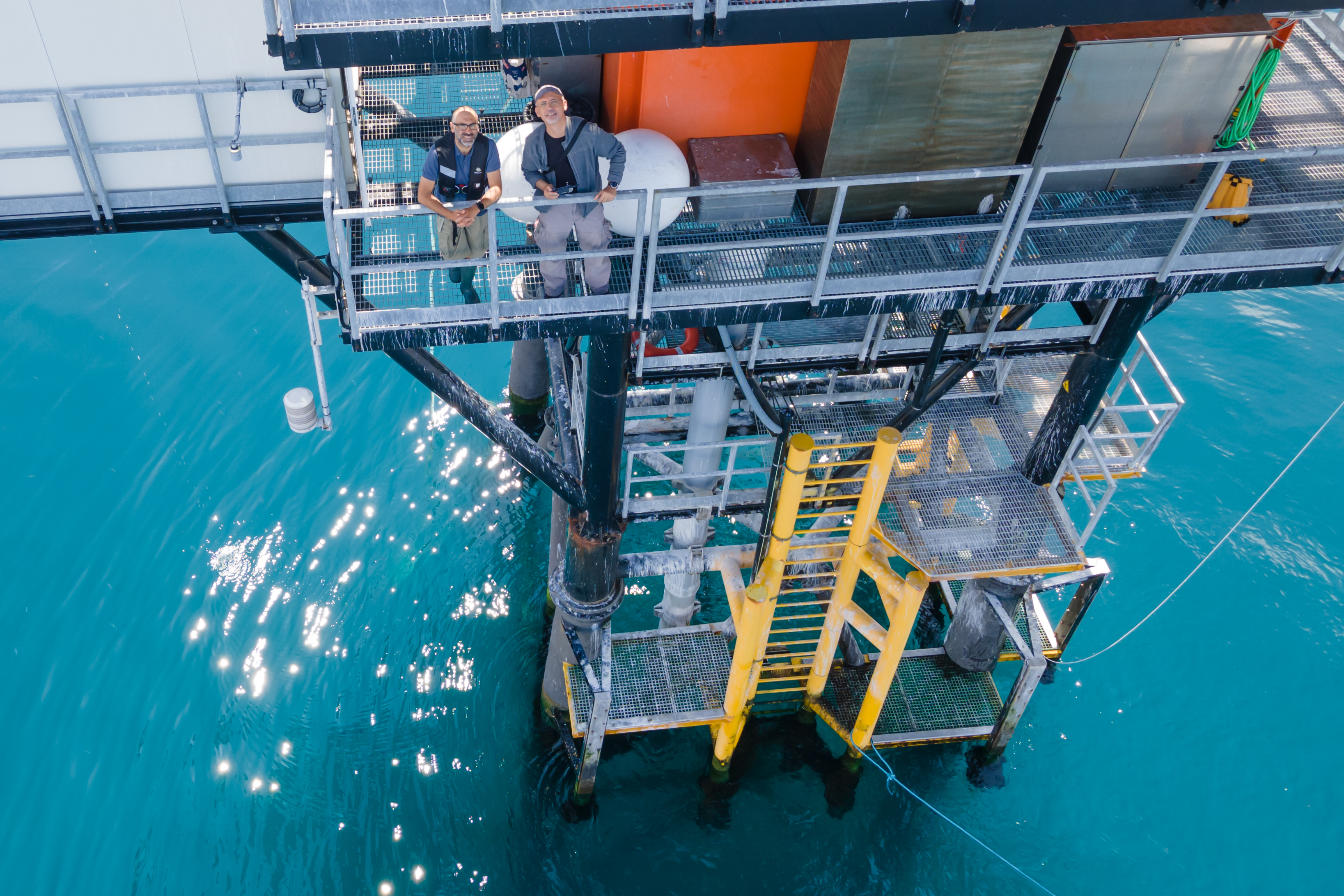 eLTER site: Golfo di Venezia - Italy
eLTER site: Golfo di Venezia - Italy
How exactly would the research collaboration between the users work at the eLTER Market Place?
A researcher requesting a data call provides all details for the requested data to eLTER Head Office. These details include the purpose for which data are required, exactly which data are needed, in what format, by when, which incentives are offered to the data provider(s), and of course contact details. If it is a project requesting contributions, such as expert knowledge/skills, site access, or other, the project officer similarly provides all details to eLTER Head Office. For both data requests and project-contribution request we have a template available on the Market Place website. Once a call is published on the Market Place, everyone who has subscribed to updates from the Market Place receives an email, and the call is also promoted on eLTER social media and news. Interested parties can consult the call and contact the researchers or project officers directly to discuss details. From this point onwards, the users collaborate directly e.g. to conduct data analyses or research or write papers or proposals. The eLTER Market Place is just the broker that brings people together - though of course we follow projects and are always excited to see what became of collaborations that started on our Market Place!
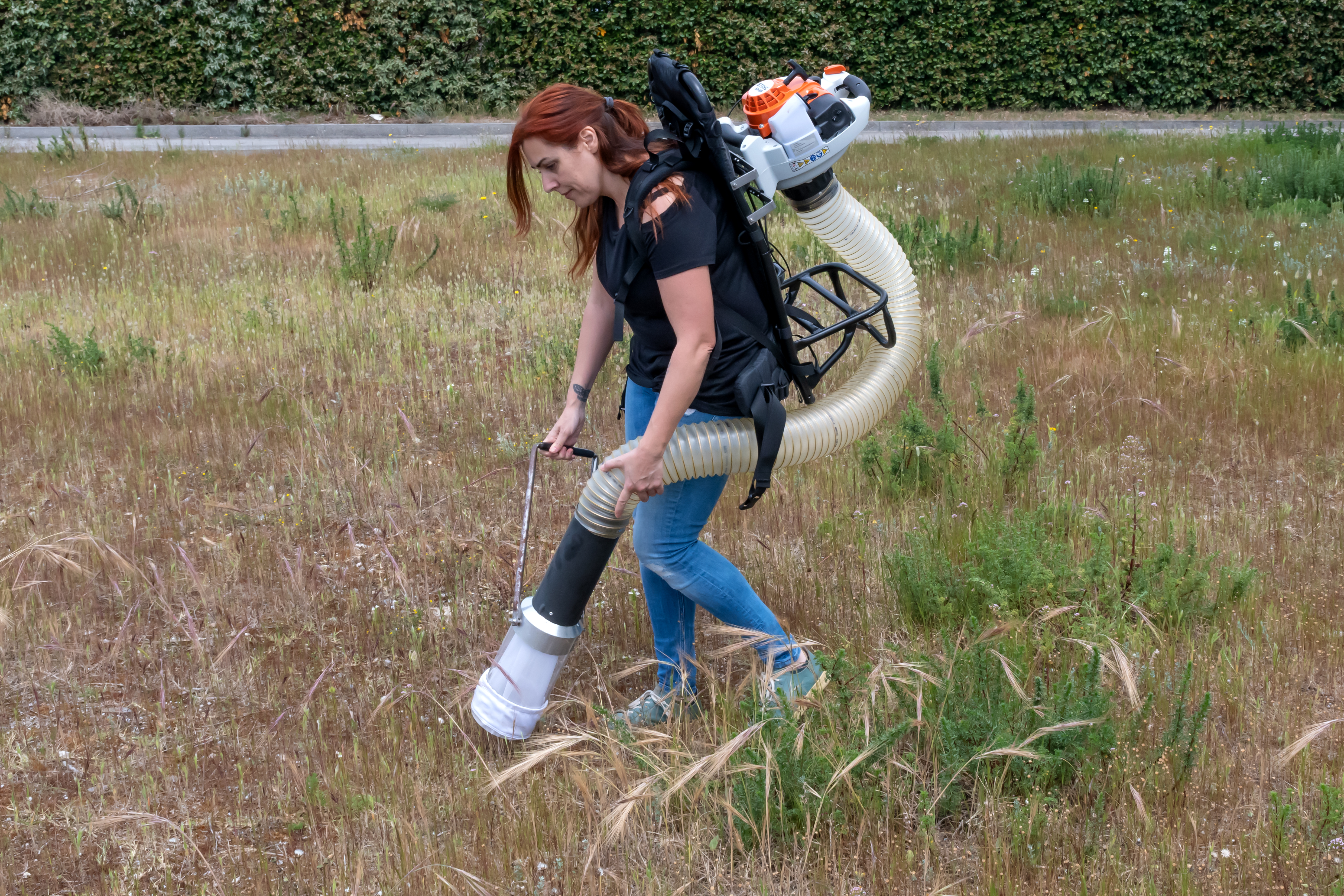 eLTER Site: Ria de Aveiro - Portugal
eLTER Site: Ria de Aveiro - Portugal
What is the incentive for researchers and for Site and Platform Coordinators to use the eLTER Market Place?
For all users, the key incentive to use the eLTER Market Place is the ease with which it connects people who need data with people who have data. The Market Place is easy and free to use, transparent, and offers access to an international network of researchers all working on long-term observation and monitoring. The incentive for researchers is clearly the huge variety and amount of data they can get. For Site and Platform Coordinators, there are a number of possible incentives, depending on what the data requesters offer. The Market Place encourages data requesters to offer a range of rewards to data providers, ranging from co-authorship or acknowledgement in data/research papers, citations of datasets, or scientific involvement to acknowledgement in social media, invitation to events related to the call, including funding for the preparation of the data. In addition to these incentives, contributing data to calls enables Site and Platform Coordinators to grow their professional network. Once the data requesters and data providers are in contact, they will agree on the incentive(s) for the data providers and it is the responsibility of data requester to provide these incentives.
How many eLTER sites will provide their data?
Potentially hundreds! This depends on the kinds of data requested, the conditions of the data calls, and whether the incentives offered by the data requesters meet the needs and interest of potential data providers. But in any case a data call published on the eLTER Market Place reaches hundreds of Sites and Platforms, so the likelihood of receiving the data you asked for is very high.
Are there currently other services like the eLTER Market Place which provide access to the data from the European LTER Sites?
To the best of our knowledge, no, there aren't - this gap in the field was what inspired the Market Place! The service was also inspired by eLTER's amazing community of Site and Platform Coordinators, as a contribution to the overall data-mobilisation service that eLTER offers. Site and Platform Coordinators have a lot of valuable and high-quality data that they'd like to share and put to good use, so they are very open to being approached with data requests. However, mobilising this data, i.e. selecting the relevant data sets, ensuring the data has the right format, resolution, and associated metadata, conducting quality control, and making the data FAIR is often a significant undertaking. Scientific collaborations are a great opportunity to take these steps, especially if some funding is available to cover the personnel costs of making the data available. The idea for the Market Place came up because there is no other such service available. There are numerous data repositories, but a demand-driven Market Place for European long-term monitoring and observation data that is easy to use and collaborative did not exist before.
 eLTER Site: National Park Schleswig-Holstein Wadden Sea, Germany
eLTER Site: National Park Schleswig-Holstein Wadden Sea, Germany
What do you envision for eLTER Market Place in the future, as part of eLTER overall services?
The eLTER Market Place is definitely here to stay. As eLTER develops and broadens its service portfolio, it will be complemented by other services that produce and provide access to synthesised, harmonised, consistent and gap-free data, however, there will always be a place for this special service that enables the provision and on-demand mobilisation of specific data sets as well as a platform that enables and promotes pan-European and/or habitat-specific research, new research collaborations, and contributions to national and European research projects.
Can you give an example of a successful collaboration between a site/platform coordinator and a researcher/group of researchers that could develop with the help of eLTER Market Place?
In the relatively short timespan the pilot of the eLTER Market Place has been active (approx 1 year), collaborations mediated by the eLTER Market Place have already resulted in a publication on grassland Digital Twins (https://doi.org/10.3897/rio.10.e124168) from eLTER's collaboration with the BioDT project, published by Franziska Taubert and colleagues. And a second paper showcases what impact the Market Place could have: Before the Market Place was in place, eLTER's Biodiversity Theme Lead Peter Haase and colleagues invested a lot of time and energy to individually request data from fellow Site and Platform Coordinators. It paid off since they were able to publish an influential Nature paper on European freshwater diversity (https://doi.org/10.1038/s41586-023-06400-1), however, getting the data would have been so much more efficient with the Market Place! The Market Place is there to ease the efforts on both sides and enable more of these large-scale, high-impact studies.In both cases, data requests were answered by Site/Platform coordinators who were able to provide the requested data, so I would consider this a promising start and good sign for future data calls!
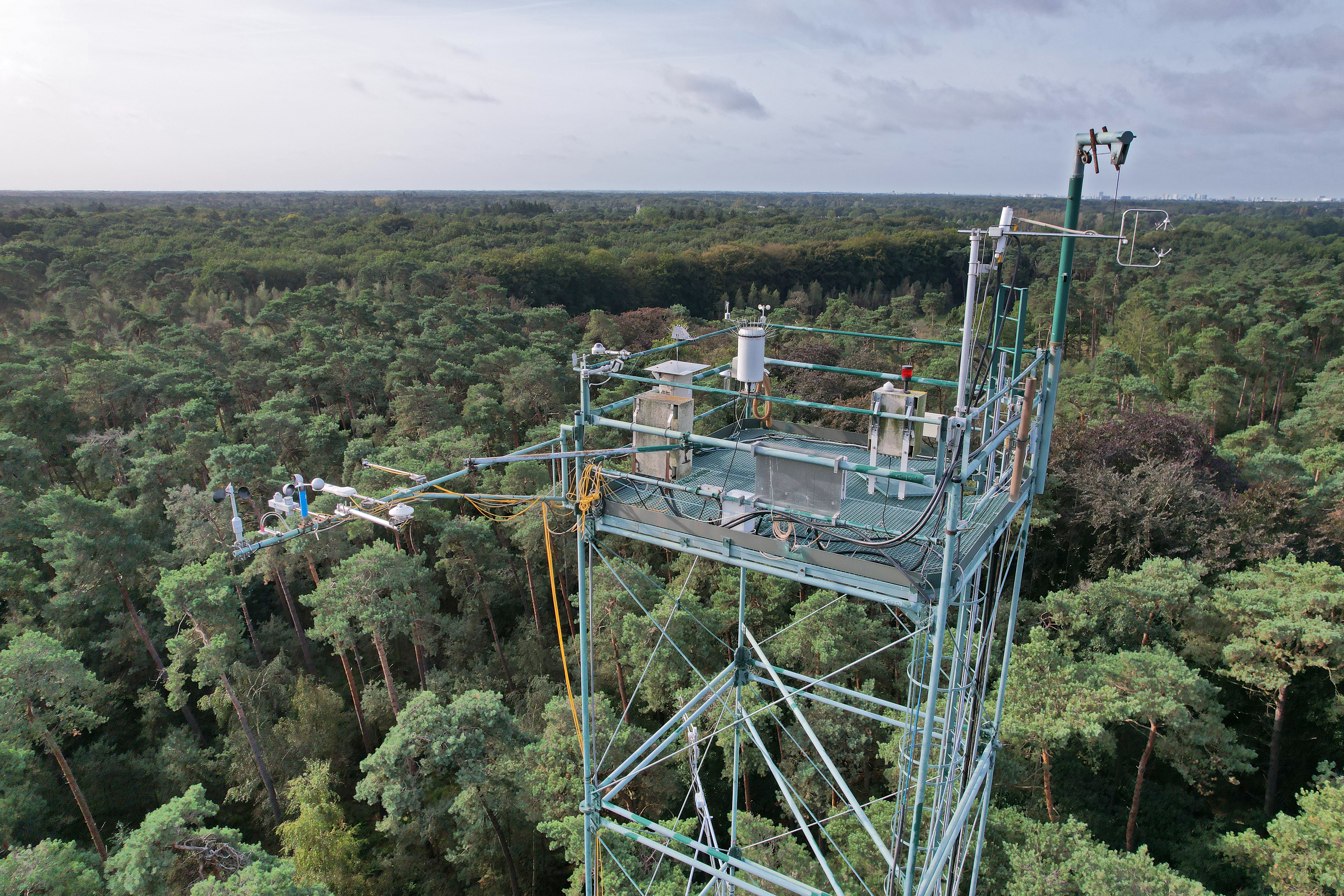 eLTER site: Brasschaat - De Inslag - Belgium
eLTER site: Brasschaat - De Inslag - Belgium
What more will people learn about the Market Place at the upcoming eLTER SPF webinar on 25 September?
The upcoming eLTER Market Place and Data Calls webinar will introduce the revamped Market Place and its new features, which include an email signup for updates so nobody will ever again miss opportunities to contribute to data calls. In addition, the webinar will introduce an upcoming eLTER data call that will mobilise data from the geo-, hydro-, bio-, atmo-, and sociosphere that are relevant to several eLTER Standard Observations. The webinar will also explain the funding mechanism for the data call and eligibility criteria, as well as an upcoming ‘Data Mobilisation Week’ in which technical support for data mobilisation will be available. A concluding Q&A session will give participants plenty of time to ask questions and provide feedback, but if anyone wants to submit questions ahead of time, they are welcome to do so at office@elter-ri.eu. In any case it'll be an interesting webinar so I hope to see plenty of participants from within and beyond the eLTER community there!
We thank Dr. Nina Hobbhahn for this interview and wish all of you members of the eLTER Community many successful collaborations with the help of the eLTER Market Place!
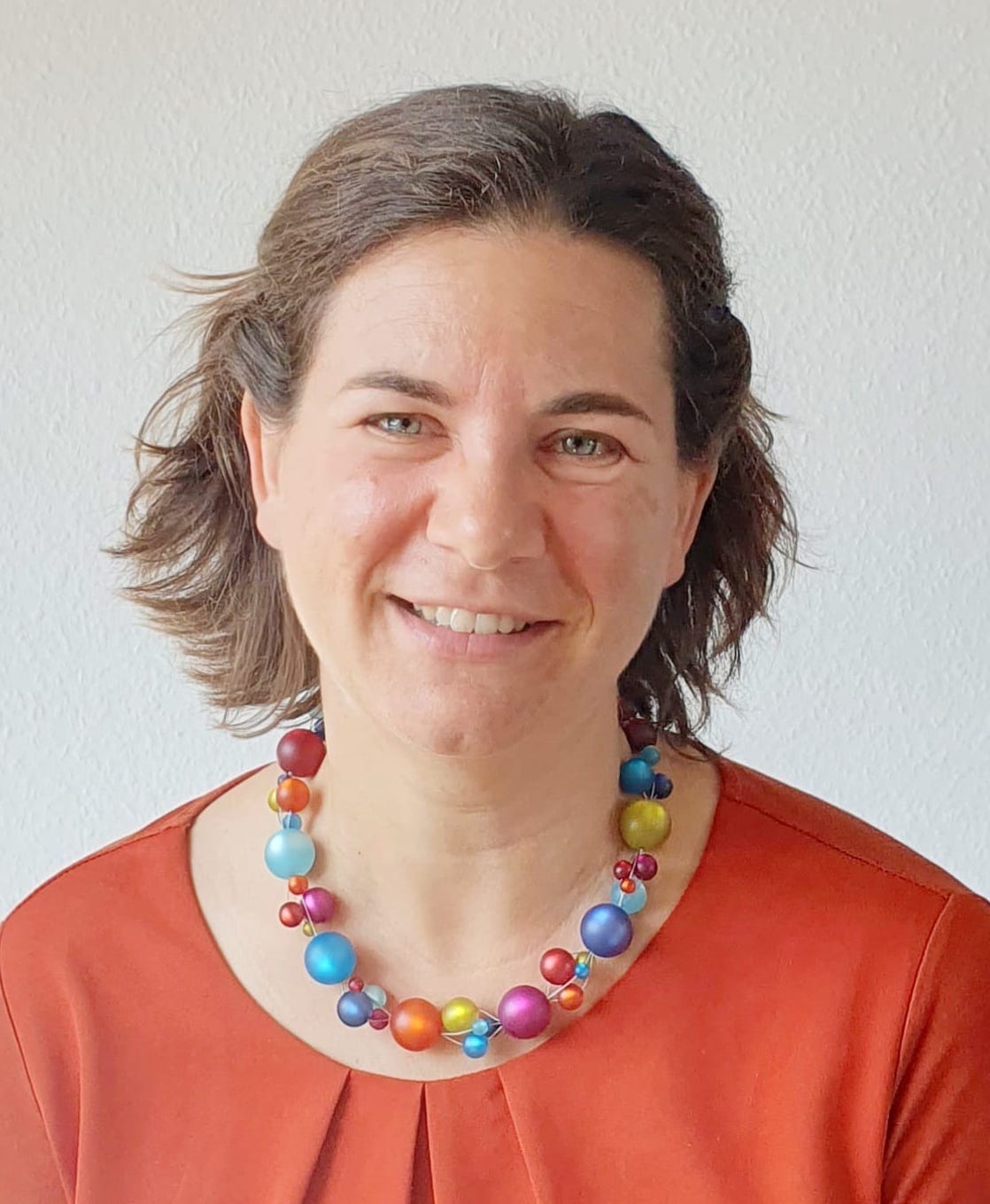
Nina Hobbhahn
You can also subscribe to the eLTER Newsletter for updates on this and other interesting topics!
